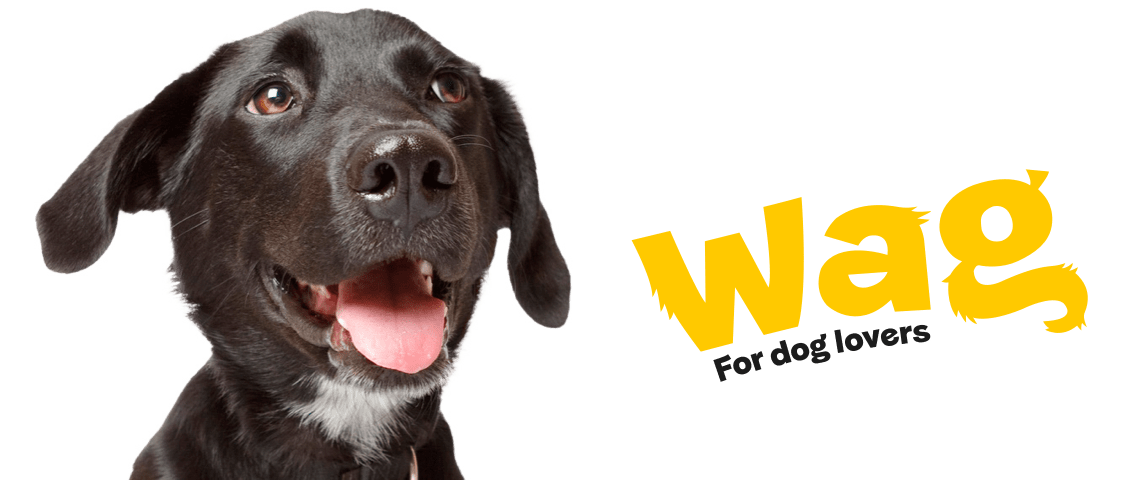Puppy Training 101: What to do, when and why
Get ready to unleash your puppy training skills with our helpful guide.

It may be common knowledge that puppies are the most adorable creatures to ever grace the planet. But, owning and training one is no walk in the park.
Luckily for you, our dog behaviour experts are here to help. Here’s all the training your puppy will need to keep them content, safe, and happily wagging for years to come.
How to puppy train
Puppies may be pocket-sized, but the question of how to train them is a big one.
What to work on depends on your puppy’s individual needs, experience and personality. Some puppies may struggle with certain areas of training that come naturally to others, and vice versa.
Go at your pup’s pace and use rewards they like to help them learn in a kind, positive way.
Training your mini-mutt will take time, effort, and commitment. This can be particularly difficult if you live alone. Of course, any effort you put in will be repaid tenfold by cuteness, snuggles, and a unique bond with your new best friend.
It’s important to make sure your lifestyle suits the needs of a pup before making the life-changing decision to share your home with one. Every dog requires time and effort, but puppies need extra patience while they’re figuring out how to navigate life.
Areas of puppy training include...
House or toilet training
Toilet training a puppy isn’t always a quick process, and even trained pups may have accidents from time to time.
Consistency and patience are key. Their muscles around their bladder and bowels may need a bit of time to develop, but they’ll soon get the hang of it.
Crate training
Crates or pens can provide a cosy space where your pup can relax and feel safe. So, it’s important to introduce it to them in the right way through crate training.
Crate training with a puppy should always be done slowly and in their own time.
Settle training
It’s important that your puppy can settle down by themselves and feel relaxed, wherever they are, while you’re busy doing other things. This can be useful if you’re doing tasks at home or catching up with friends at a café.
Recall training
Most dogs love a good run around off the lead, and puppies are no different. But before unclipping the lead, you need to feel confident that your dog will always come back to you when called.
Good recall training will teach your pooch to do this every time.
Helping your dog spend time alone
It’s important to prepare your pup for spending time on their own. If you don’t, they may struggle when you’re not there.
Teaching a dog to feel relaxed and confident when alone is best started when they’re still a puppy. This can be a good way of preventing separation anxiety.
Leave training
Dogs, and puppies in particular, are curious creatures. Puppies use their noses and mouths to explore the world around them.
So, teaching your dog to ‘leave’ is an essential skill for when they’re reaching for something they shouldn’t be, or something dangerous.
Jumping up training
Dogs often jump up when they’re excited to see you or want attention. Jumping up may even be encouraged in puppies when they’re small and cute.
However, this can make things confusing for them when they grow up and we no longer want them to behave like this. So set your pup up for success and teach them to keep all four paws on the floor instead.

How to train your dog to be calm, relax and settle
Getting started with puppy training
What should be the first thing you teach a puppy?
It’s important not to overwhelm your puppy when bringing them into a new home. Everything around them will be brand new, and probably daunting, so be patient with them.
When it comes to what to teach your new furball first, there’s no one-size-fits-all answer. Each pup’s circumstances and personality are unique. A couple of training points that will naturally begin early on, however, are name learning and house training.
Your puppy knowing their name is useful for getting their attention and a helpful base for other training areas. This naturally begins from the moment you first call their name. Similarly, house training begins from the first time you bring your puppy outside to go to the toilet.
Sometimes, a puppy may already come with some housetraining skills, or know their name in a positive way. In these cases, crate, settle, and lead-walking training make a good place to start.
How old should a puppy be to start training?
Age is just a number; any dog can be taught new tricks. So, puppy training starts as soon as you bring your dog home. It then continues into adolescence, adulthood and beyond.










